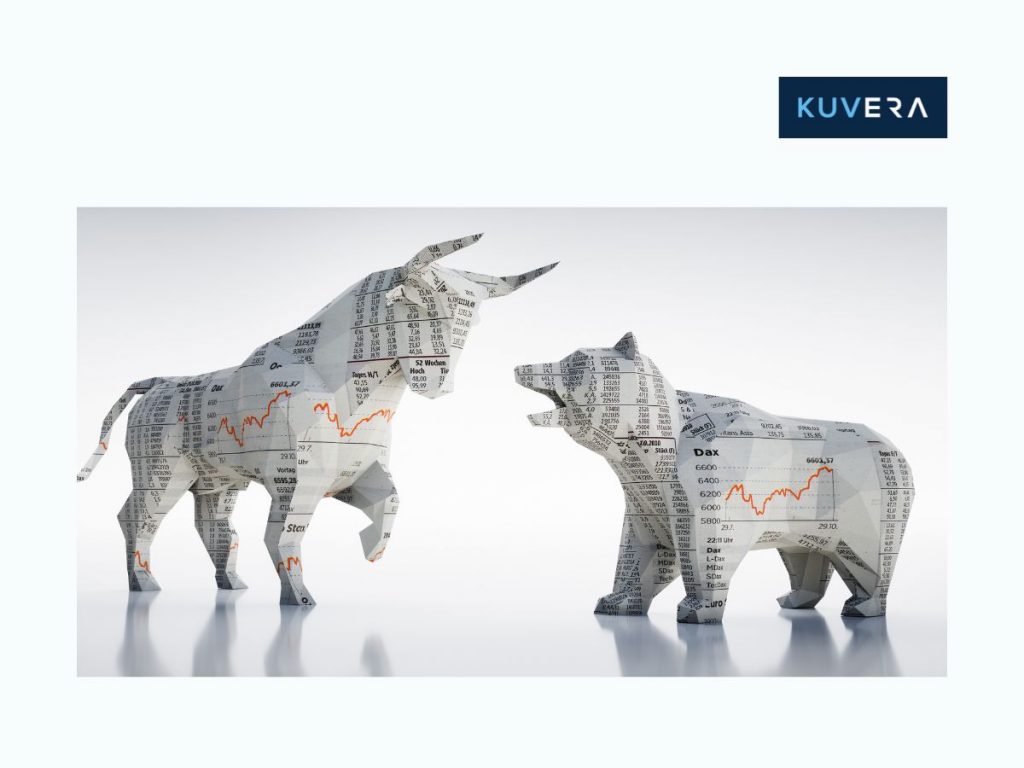How many stock exchanges are currently working in India?
There are currently two main stock exchanges in India: the Bombay Stock Exchange (BSE) and the National Stock Exchange of India (NSE). Both exchanges are located in Mumbai and are recognized by the Securities and Exchange Board of India (SEBI) as approved stock exchanges.
The BSE was established in 1875 and is one of the oldest stock exchanges in Asia. It is also the largest stock exchange in India by market capitalization. The NSE was established in 1992 and is a leading player in the Indian securities market. It is known for its electronic trading platform, which is used by a large number of market participants.
In addition to these two main exchanges, there are several other smaller exchanges in India that specialize in trading specific types of securities, such as the National Commodity and Derivatives Exchange (NCDEX) and the Multi Commodity Exchange of India (MCX).
Components of the Indian stock exchange
The components of the Indian stock exchange include:
Securities: These are the financial instruments that are traded on the stock exchange, such as stocks, bonds, and derivatives.
Market participants: These are the entities that buy and sell securities on the stock exchange, including individual investors, financial institutions, and brokerage firms.
Trading systems: These are the electronic platforms that facilitate the buying and selling of securities on the stock exchange.
Regulatory bodies: These are the organizations that oversee and regulate the operations of the stock exchange, including the Securities and Exchange Board of India (SEBI) and the Reserve Bank of India (RBI).
Clearing and settlement systems: These are the processes and systems that ensure the smooth and efficient transfer of ownership of securities between buyers and sellers.
Market infrastructure: This includes the physical infrastructure of the stock exchange, such as its trading floor, as well as the technology and systems that support its operations.
The biggest stock exchange in India
The National Stock Exchange of India (NSE) is the largest stock exchange in India. It is located in Mumbai and was founded in 1992. The NSE is home to more than 1,500 listed companies and has a market capitalization of over $2 trillion. It is known for its electronic trading system, which allows for efficient and transparent trading of securities. The NSE also operates a number of other exchanges and marketplaces, including the NSE Indices, which publishes a range of indices that track the performance of different segments of the Indian stock market. The Bombay Stock Exchange (BSE) is another major stock exchange in India, and it is located in Mumbai as well.
History of the Indian stock exchange
The history of the Indian stock exchange dates back to the late 19th century, when the first stock exchange was established in Bombay (now Mumbai). The Bombay Stock Exchange (BSE) was officially recognized as a stock exchange in 1875, and it played a pivotal role in the development of the Indian capital market.
Over the years, the Indian stock exchange has undergone significant changes and developments. In the early 20th century, the stock exchange was mostly dominated by foreign investors, but after India gained independence in 1947, the government started promoting the growth of domestic capital markets. In the 1970s, the government also implemented various reforms to encourage the development of the stock exchange, such as the introduction of the Securities and Exchange Board of India (SEBI) to regulate the market.
In the 1990s, the National Stock Exchange of India (NSE) was established as a competitor to the BSE. The NSE introduced an electronic trading system, which revolutionized the way securities were traded and helped to increase the transparency and efficiency of the market. Today, the NSE and the BSE are the two main stock exchanges in India, and they are among the largest and most developed stock exchanges in the world.
Market size of the Indian stock exchange
The Indian stock exchange is one of the largest and most developed in the world. As of 2021, the market capitalization (the total value of all listed companies) of the National Stock Exchange of India (NSE) was around $2 trillion, making it the 11th largest stock exchange in the world by market capitalization. The Bombay Stock Exchange (BSE) is another major stock exchange in India, and its market capitalization was around $1.4 trillion as of 2021.
The Indian stock exchange is home to a diverse range of companies from various sectors, including finance, technology, healthcare, and manufacturing. There are more than 1,500 listed companies on the NSE and around 5,500 listed companies on the BSE. The Indian stock market is also highly liquid, with a high trading volume and a large number of daily trades.
In recent years, the Indian stock market has seen strong growth, fueled by a growing economy, increasing foreign investment, and positive market sentiment. However, like all stock markets, it is also subject to fluctuations and risks, and investors should carefully consider their investment objectives and risk tolerance before investing in the stock market.
Conclusion
In conclusion, the Indian stock exchange is synonymous with NSE (National Stock Exchange) and the Bombay Stock Exchange (BSE). Both act as the vital component of the country’s financial system and economy. It provides a platform for companies to raise capital and for investors to buy and sell shares of those companies. Today, they are well-regulated and play a crucial role in the growth and development of India’s corporate sector. Despite facing challenges and volatility at times, the BSE & NSE continue to be a key driver of economic activity in the country and a popular destination for investors.
Interested in how we think about the markets?
Read more: Zen And The Art Of Investing
Watch/hear on YouTube: Risk measures you should know while investing
Start investing through a platform that brings goal planning and investing to your fingertips. Visit Kuvera.in to discover Direct Plans and Fixed Deposits and start investing today.
#MutualFundSahiHai #KuveraSabseSahiHai!

